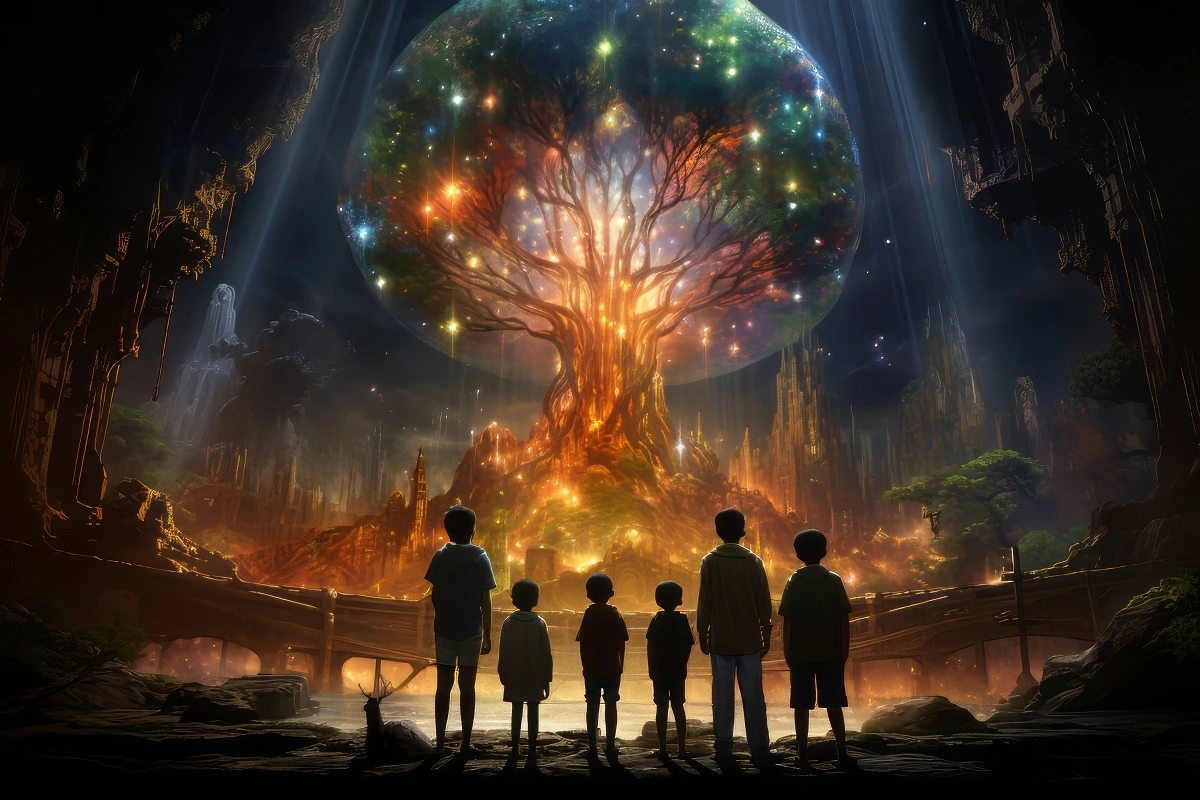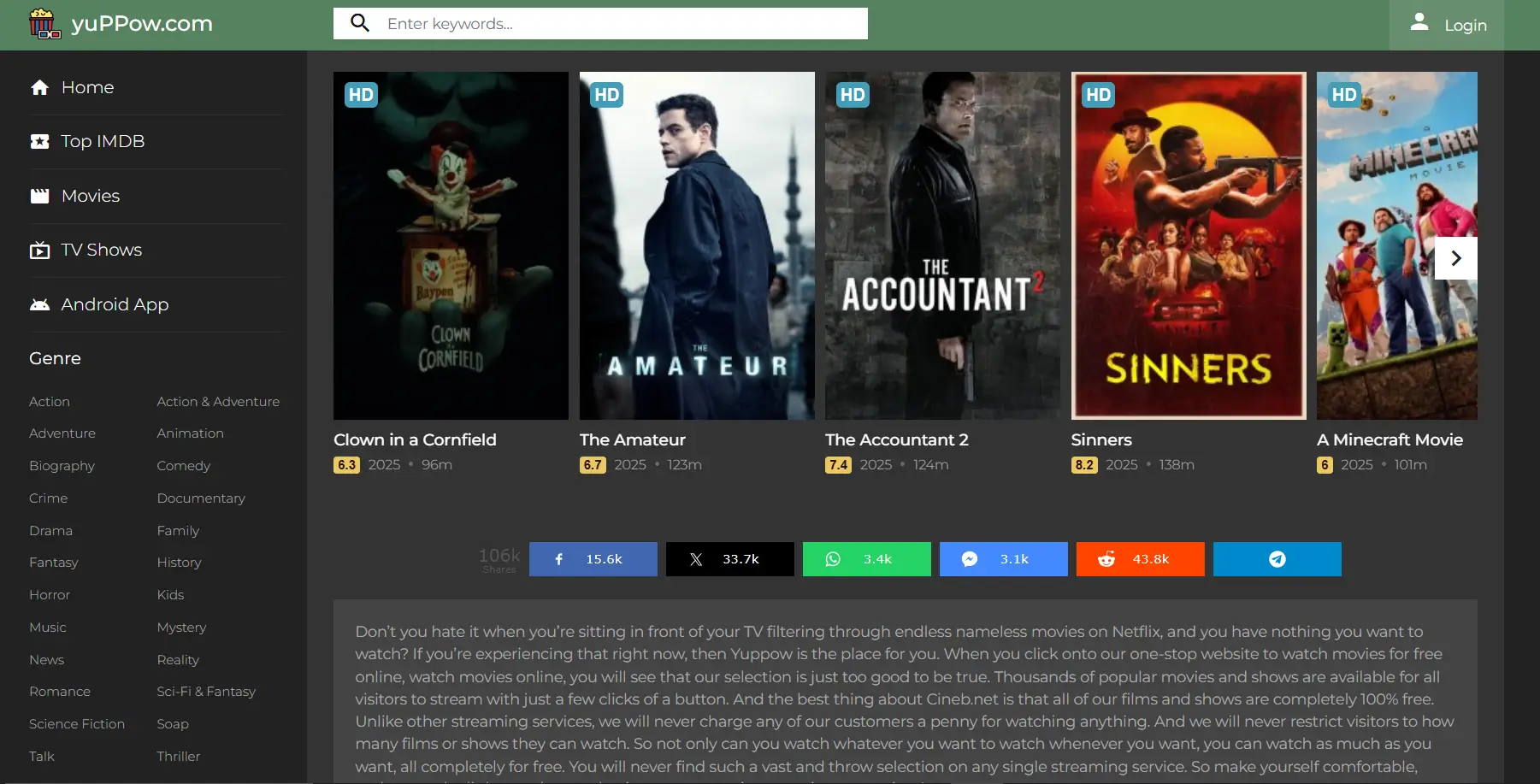In the digital age, manga and anime fandom has expanded beyond borders, allowing avid fans around the world to access and enjoy Japanese media. At the heart of this global movement is a controversial but influential activity known as scanlation. Among the many groups that have participated in this field, Olympus Scanlation stands out as a notable contributor. In this article, we will delve into the role of Olympus Scanlation and consider its influence, the ethical issues, and the changes surrounding fan translation today.
What is Scanlation?
To understand the debate surrounding Olympus Scanlation, we must first ask ourselves: "What is scanlation?" "Scanlation" is a combination of the words "scan" and "translation." It refers to the unauthorized scanning, translation, and distribution of manga from its original language (usually Japanese) into other languages. In situations where official translations are unavailable, delayed, or lack cultural sensitivity, these fan-led activities fill the gap.
Scanlation groups like Olympus Scanlation not only bring works to a wider audience but also influence how they are understood and appreciated around the world. However, this activity raises complex issues of legality, quality control, and cultural responsibility.
The Evolution of Scanlation
The evolution of scanlation reflects the rise of internet culture and file-sharing communities. In the early 2000s, scanlation groups were typically small groups of enthusiasts who loved manga and wanted to share their works with non-native Japanese speakers. Over time, as technology improved and manga gained international popularity, scanlation became more sophisticated.
Groups like Olympus Scanlation emerged during this golden age, specializing in certain genres and publishers. What set Olympus Scanlation apart was its meticulous approach to translation and editing. They earned a reputation not only for their speed, but also for their high-quality publications that reached readers around the world, while respecting the original work.
The Role of Olympus Scanlation
Olympus Scanlation's role in this ecosystem is undeniable. Olympus Scanlation, a renowned scanlation group, has focused on curating and translating manga that traditional publishers struggle to address. Their work has helped shape fan culture and bring hidden gems of the manga world to light.
By prioritizing lesser-known works, Olympus Scanlation has actively promoted works that might otherwise have been forgotten. Their efforts have had a significant impact on reader trends and tastes, and fans have come to trust their selection and editorial policies.
Influencing Trends and Reader Preferences
Olympus Scanlation has not only translated content but has also indirectly influenced the interest of readers around the world. When a work is featured by an established scanlation group, it often attracts significant attention from the fan community. This influence has turned groups like Olympus Scanlation into trendsetters in their own right.
Readers look to Olympus for the quality of its narratives, the excellence of its translations, and its cultural context. This influence extends to publishers, who sometimes use the popularity of scanlation works as a criterion for licensing. In this way, scanlators have become an unofficial part of the industry's development process, shaping what is published next.
Intellectual Property Rights
Despite their cultural contributions, scanlation groups find themselves in a legal gray area. Intellectual property rights are at the center of the debate. While the original content belongs to the Japanese creators and publishers, amateur translators like Olympus Scanlation use and distribute these works without official authorization.
This leads to accusations of piracy and copyright infringement. Even with good intentions, scanlation groups can unwittingly harm the creators they respect. For example, widespread distribution of scanlation versions could curb sales of official versions, hindering future licensing agreements.
Fair Use and Copyright Infringement
The line between fair use and copyright infringement is often blurred in the scanlation community. Some argue that scanlation constitutes fair use, especially if done for educational or critical purposes, but most legal experts agree that distributing fully translated works without authorization violates copyright law.
Olympus Scanlation, like many other groups, typically operates under a code of ethics and may avoid producing works if a series has been licensed in English or has already been officially distributed. However, these actions are not always legally exempt. It is more of a moral commitment than a legal one.
Cultural Accessibility and Global Fandom
Despite these legal challenges, groups like Olympus Scanlation have made great strides in cultural accessibility and global fandom. For non-native Japanese speakers, scanlation translations are often the only window into a vast world of stories. Scanlation translations bridge linguistic and cultural gaps, offering sensitive translations that retain the meaning of the original.
Olympus Scanlation excels in this regard, adding translator's annotations, cultural references, and linguistic context. This enriches the reader's experience, deepens their understanding of Japanese culture, and helps foster a more globally connected fanbase.
Monetization and Non-Profit Translation
One of the ethical foundations of reputable fan translation groups like Olympus Scanlation is their commitment to monetization and non-profit translation. Unlike pirated manga sites that profit from advertising and downloads, Olympus and similar groups typically operate on a donation-based model solely to cover hosting and software costs.
This non-profit approach represents a passion for the medium over commercial gain. This distinguishes a dedicated fan translation community from content thieves who jump on the bandwagon. However, the lack of profit does not exempt Olympus from legal liability for unauthorized use.
Quality Control and Translator Credibility
One of Olympus Scanlation's greatest strengths lies in its high standards of quality control and the reliability of its translators. In an era where artificial intelligence tools and rush jobs have diluted the value of translation, Olympus has maintained a strong reputation for linguistic accuracy, cultural awareness, and editorial sensitivity.
Experienced translators, proofreaders, and editors work together to ensure each publication is authentic and flawless. This attention to detail has earned Olympus a loyal fan base and a high level of trust in the scanlation community.
Community Ethics and Online Fan Practices
Community ethics and online fan conventions determine how scanlation is perceived and maintained. Olympus, like many prominent groups, follows an unspoken code of conduct. It actively encourages readers to avoid licensed works, respect creators, and support official releases whenever possible.
These conventions reinforce the ethical dimension of scanlation. Online communities often share these values, and forums and Discord servers encourage transparency and mutual respect between readers and translators.
Promoting Lesser-Known Titles
Perhaps Olympus Scanlation's most commendable contribution is its focus on promoting lesser-known works. While commercial publishers focus on mainstream hits, Olympus has always drawn attention to forgotten works, helping them gain international recognition and a cult following.
In this way, Olympus Scanlation diversifies the manga experience worldwide and opens the door for niche creators to find readers abroad. This democratization of content highlights the power of fan-driven efforts to transform global pop culture.
Conclusion
Olympus Scanlation embodies the possibilities and controversies of fan translation in the digital age. While its work raises important ethical and legal questions, it also plays a pivotal role in promoting cultural accessibility, preserving quality, and advancing fandom worldwide. As the lines between fan work and professional translation blur, Olympus's story serves as both a guide and a challenge for future scanlators and fans.





